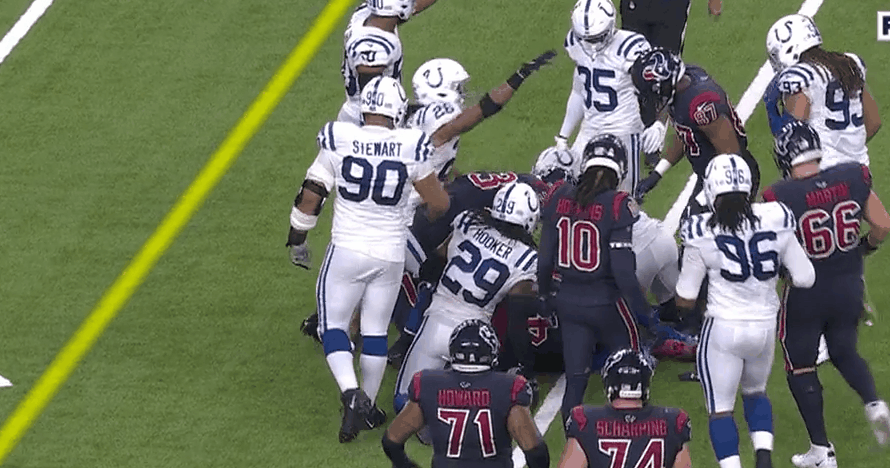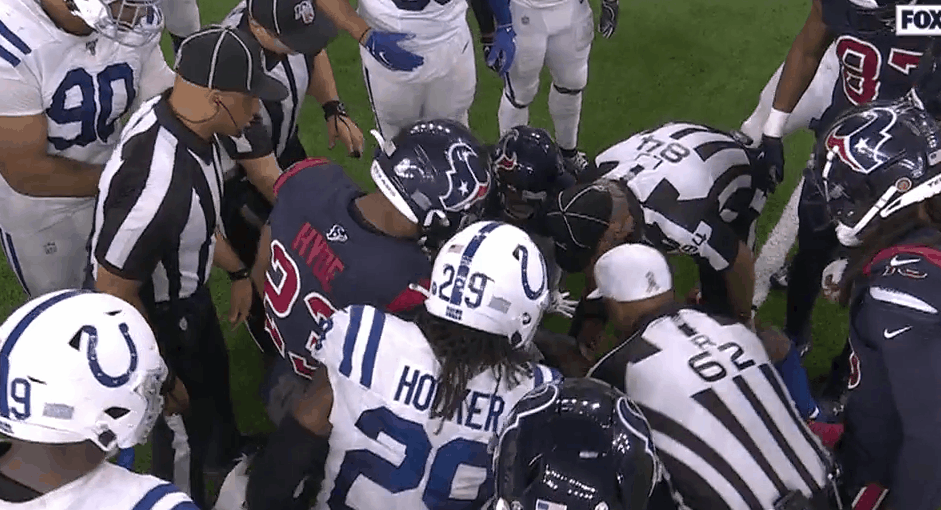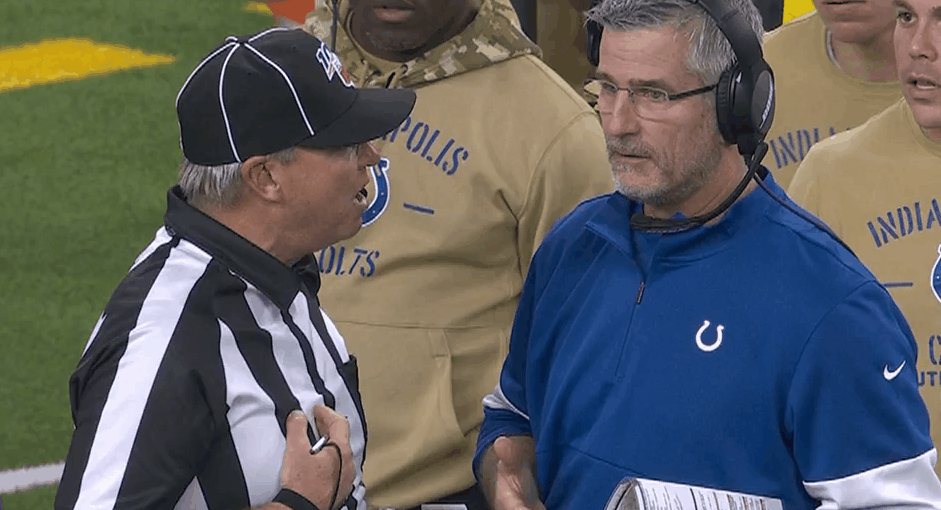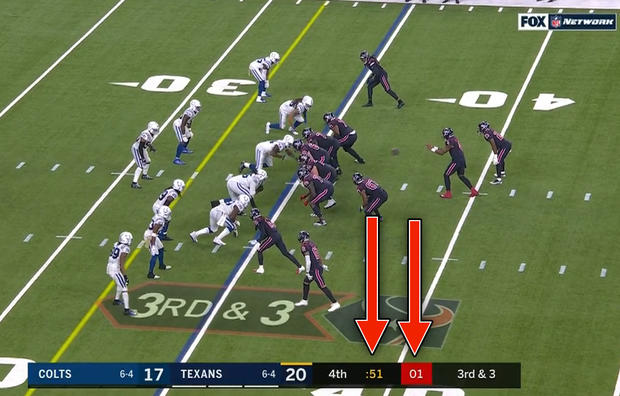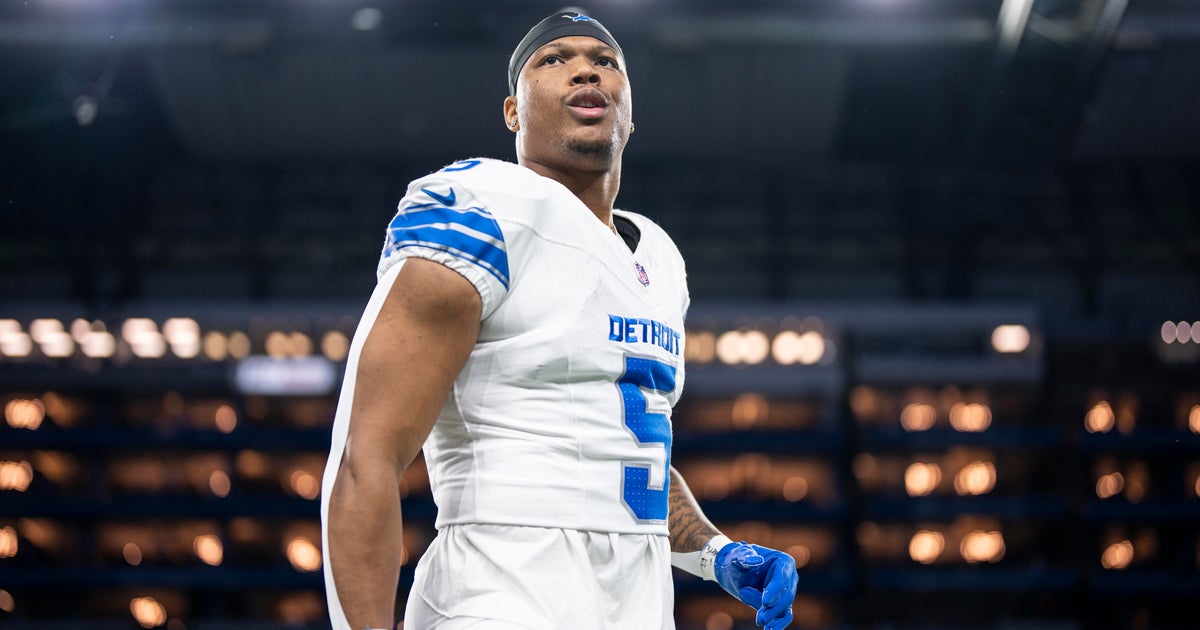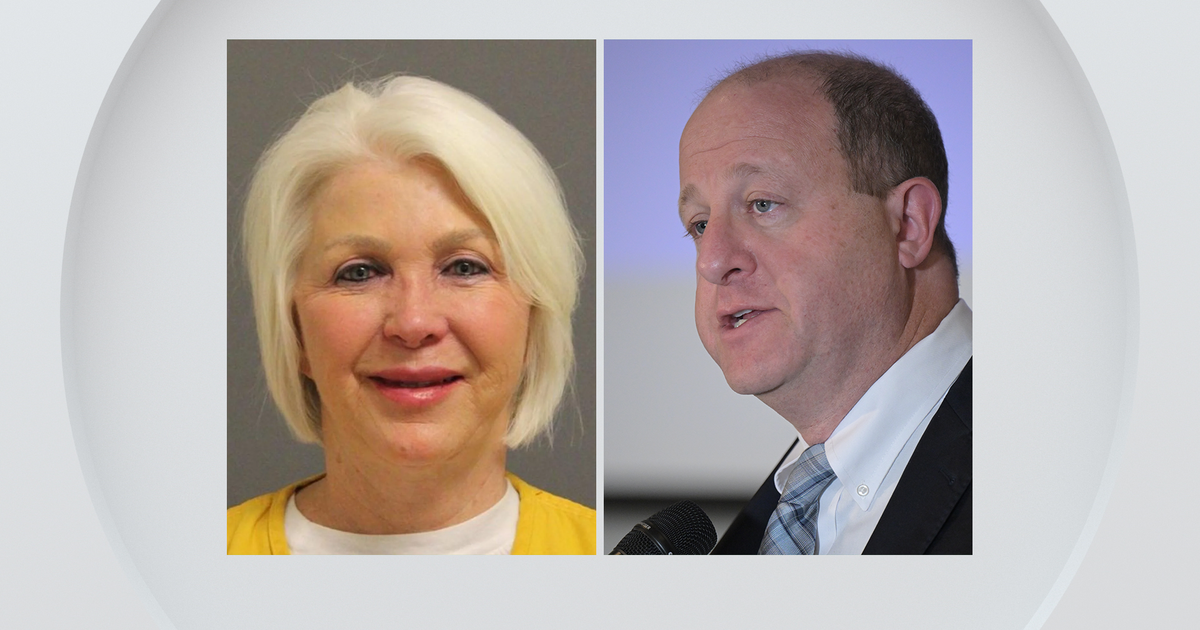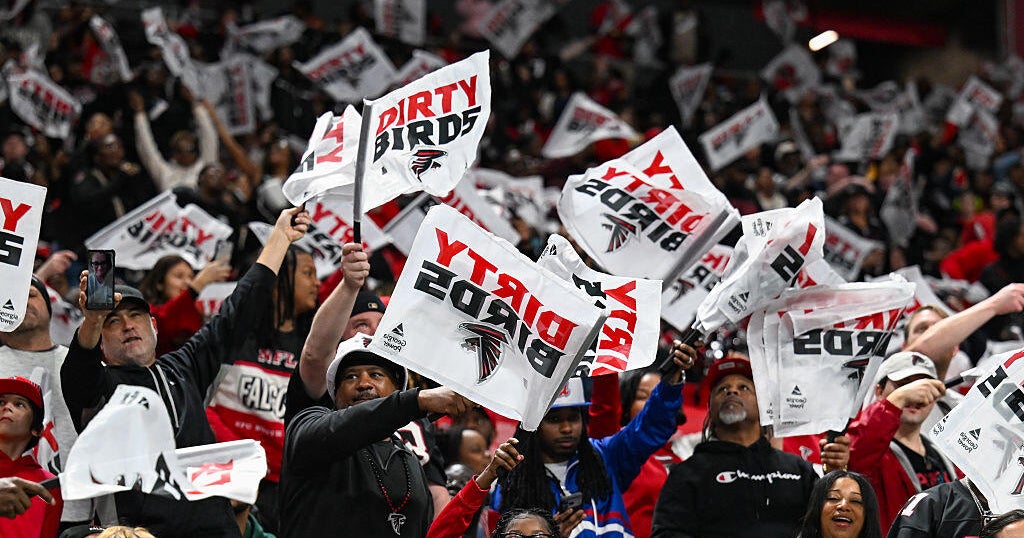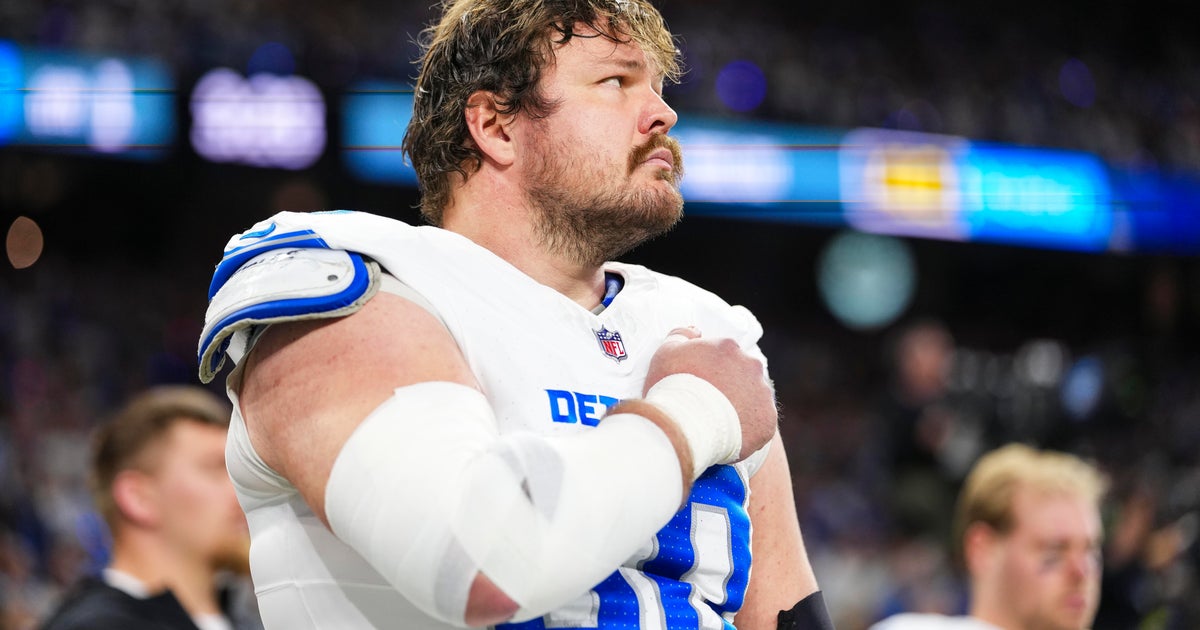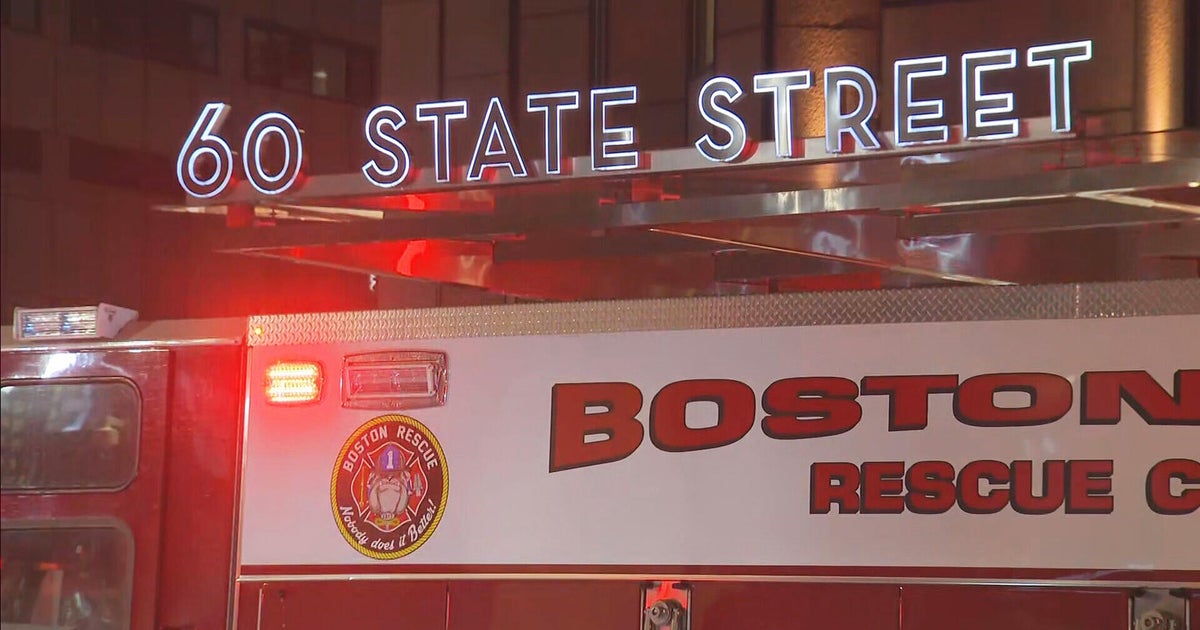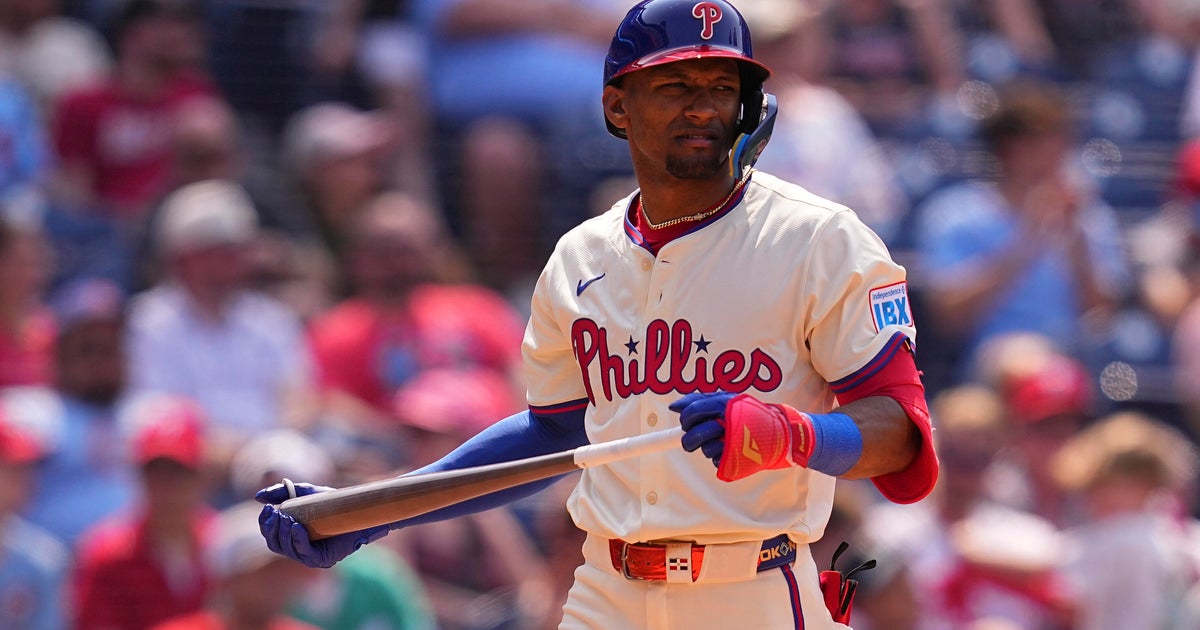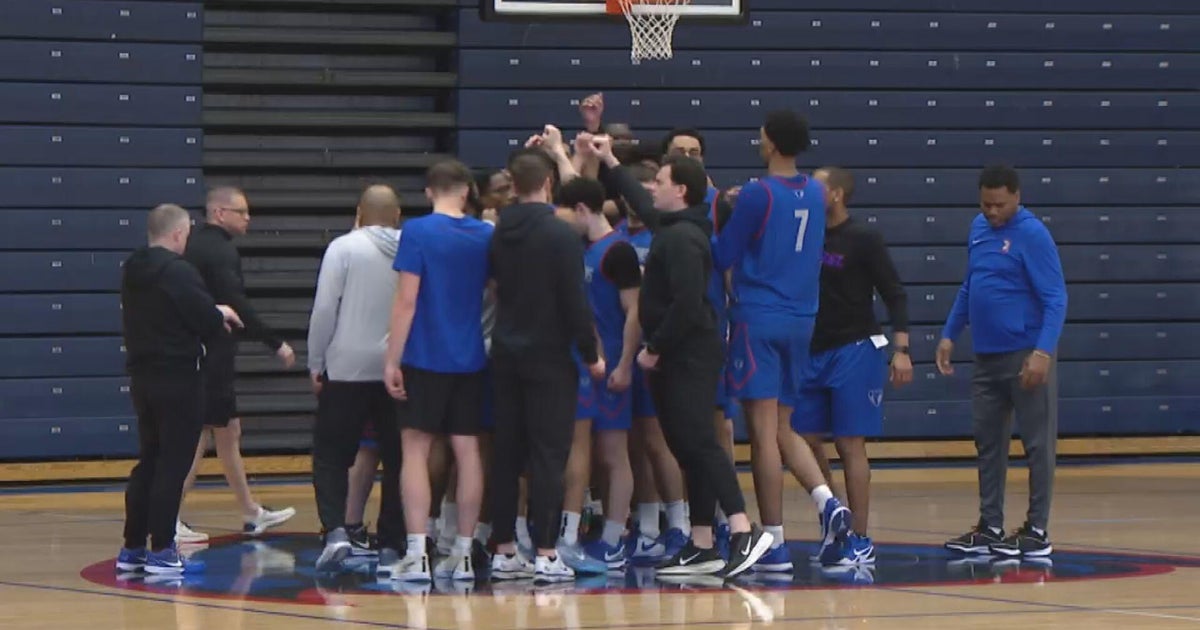NFL Blows Another Call, Failing To Even Review An Obvious Fumble By Deshaun Watson
By Michael Hurley, CBS Boston
BOSTON (CBS) -- The state of replay review in the NFL is in shambles.
That may sound a bit dramatic, but the fact is that the security blanket of replay review has done very little to hearten fans' belief that the NFL is able to get calls right on a consistent basis. While the farce that is pass interference review has attracted most of that attention this year, Thursday night's game between the Texans and the Colts showed that some more traditional plays can be botched just the same.
In this instance, the play involved Texans quarterback Deshaun Watson. In a situation where the Colts had no timeouts left, the Texans made the curious decision to have their quarterback run with the ball and absorb hits from three different Colts players, on a play where an inside handoff for no gain would have accomplished the same goal of draining precious seconds off the game clock.
Sure enough, that questionable decision proved to be nearly disastrous, as Colts linebacker Darius Leonard forced Watson to fumble. That much was clear as day.
What wasn't clear was who, exactly, recovered that fumble. It appeared that Watson was able to regain possession of the ball, but Leonard said after the game that he had actually seized possession.
Maybe he did. Maybe he didn't. Perhaps a glancing look from the replay assistant would have been enough to initiate an automatic replay review with Al Riveron in New York. Alas, that call never came.
The NFL explained this lack of review by saying that officials on the field ruled that Watson fumbled and clearly recovered, thus there was no need for replay review.
That much remains ... unclear.
Line judge Mark Steinkerchner walked in from the far sideline with his hand raised to signal that the play had ended. From his vantage point, multiple players stood between him and the football, so there was no way for him to have even seen the fumble take place.
As Steinkerchner approached the pile, several Colts players signaled that Indianapolis had possession of the ball. Steinkerchner adamantly shook his head, indicating that they were wrong. Steinkerchner appeared to get into a little verbal back-and-forth with the players to make his point, too.
That's an awfully confident ruling by Steinkerchner, despite not having been able to see through bodies to even see the fumble itself.
The rest of the officiating crew made its way into the pile, and once the bodies had been cleared, Steinkerchner emphatically signaled that the ball belonged to the Texans.
The Texans even called timeout prior to the next play, thus giving the replay official and Riveron in New York extra time to initiate a replay review, just in case the call on the field was incorrect. That call for a review never came, despite Colts head coach Frank Reich clearly asking Steinkerchner for a closer look.
Steinkerchner did not appear to enjoy having his judgment questioned, even in what appeared to have been a mostly polite manner.
As a little bit of an added bonus, the fumble confusion allowed the Texans to drain an extra 10 seconds off the clock. When Watson went down, the game clock was at 1:43. Steinkerchner's hand was raised to signal the end of the play with about 1:42 on the game clock. (He's out of frame on the broadcast, but his right hand is not seen at his side as he walks toward the ball.)
By rule, the 40-second play clock should have begun to wind at that moment, thus forcing the Texans to run their next play before the game clock hit 1:02. On the broadcast, the play clock began to wind as expected.
It's not clear what happened after that, but it would seem as though the officials reset the play clock at some point to give Houston extra time. Thus, the Texans didn't have to snap the ball until just 51 seconds remained in the game.
Even more strange -- the Texans called timeout before that snap. Considering the ball was actually snapped with 51 seconds left, the timeout had to have been called with 52 seconds left. Yet for whatever reason, after the snap that didn't count, the clock dripped down to 48 seconds. And when the Texans broke the huddle coming out of that timeout, the game clock inexplicably was at 50 seconds.
That may seem like small potatoes, but:
--Mismanaging the game clock shows that referee Ronald Torbert was not in complete control of this late-game situation in a three-point game. He should have signaled for a game clock stoppage as the crew assessed the possession of the football, thus stopping the play clock with it. And once possession had been ruled for Houston, the clock would have begun to wind where it had been stopped.
--The game ended with Watson hurling a pass into the stands to drain the final seconds off the clock. That fourth-down snap came with just 5 seconds remaining in the game. Had the clock been managed properly, there would have been about 15 seconds left.
Taking those seconds off the clock remains the smaller issue, though, as the Colts may have had something like a 0.1 percent chance of scoring on a final play (though the 2018 Dolphins proved that sometimes, 0.1 percent is enough).
The real issue is simple: That fumble has to be reviewed. While it looks like Watson may have recovered the ball, nobody watching that game was able to see that clearly. Perhaps with more time to analyze every angle, a camera may have shown clear recovery by Leonard. Or an angle could have shown a clear recovery by Watson.
The fact is, we have no way of knowing. And in the era of high-definition TV, in a prime-time game with no other NFL action taking place, in a spot that could have given possession to the trailing team with plenty of time left to try to tie the game with a field goal, in a contest featuring two teams vying for first place in their division in Week 12 of the season ... it would be sensible to make sure that the calls are correct.
Yet the replay official in the building didn't deem this play worthy of a closer look, nor did head of officiating Al Riveron. That's despite Houston calling a timeout before the next snap, thus giving the officials more time to consider initiating what appeared to have been a no-brainer of a review.
As a result, literally not a single person watching this game -- including the official who demonstratively signaled that the Texans possessed the football -- knew for sure what happened. Thus, public confidence in the NFL and its replay system continues to plunge.
You can email Michael Hurley or find him on Twitter @michaelFhurley.

